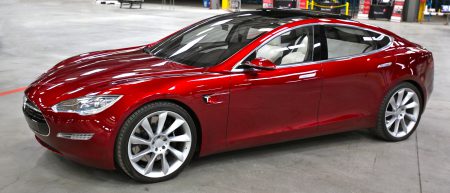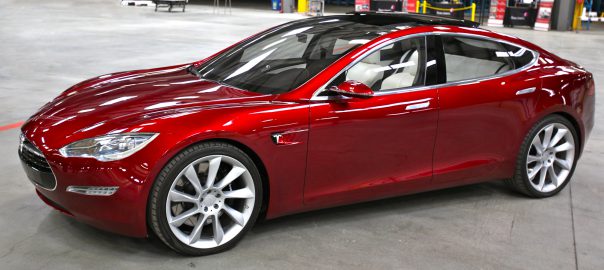Blink and you missed the announcement. But last Friday, the UK’s much criticised energy supply grid system entered what is being seen as a “new era” with the announcement that eight large battery systems are being built to cope with the growing influx of wind and solar power.

The deal – the largest of its kind in Europe – will see seven companies, including Sweden’s Vattenfall and UK-based Renewable Energy Systems, install eight lithium-ion battery systems around Britain.
“This is the single largest contract in Europe we’ve ever seen for storage and the largest of its kind globally since August last year,”
said Logan Goldie-Scot, head of energy storage at the Bloomberg New Energy Finance research group told the Financial Times.
Storing electricity in batteries has long seen as the “holy grail” for renewables as battery storage of electricity helps to supply power on the days that the wind is not blowing or the sun is not shining.
And the move is aimed at helping the UK cope with the growing prevalence of renewables, which now account for a quarter of UK electricity generation, up from 9 per cent in just five years.
If renewables can provide electricity to the grid which can be stored when demand is needed it will help the electric car revolution that is taking place. Just as the electricity supply network needs storage in batteries so do electric cars, and it is a shortage of batteries which is threatening to keep the price of electric vehicles high for the time being.
But Tesla is changing the game on electric vehicles, a subject explored in today’s Financial Times, which asks what it calls a profound question: “Could electric cars ever cut the world’s thirst for oil enough to depress crude prices significantly?”
And the short answer is: Yes.
Read more: Price Of Oil
